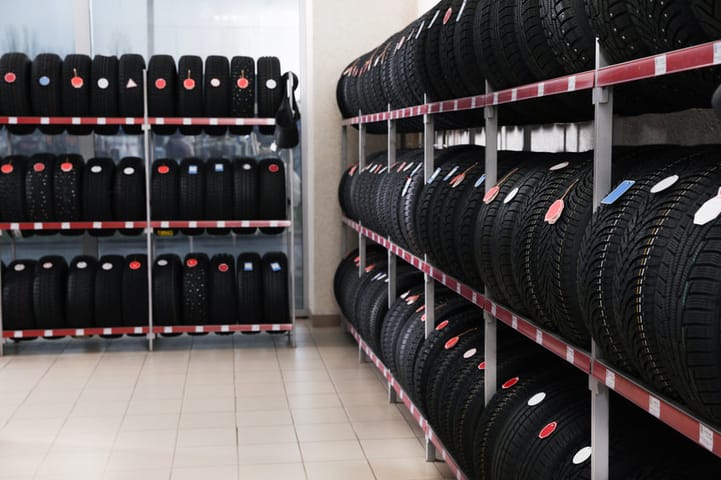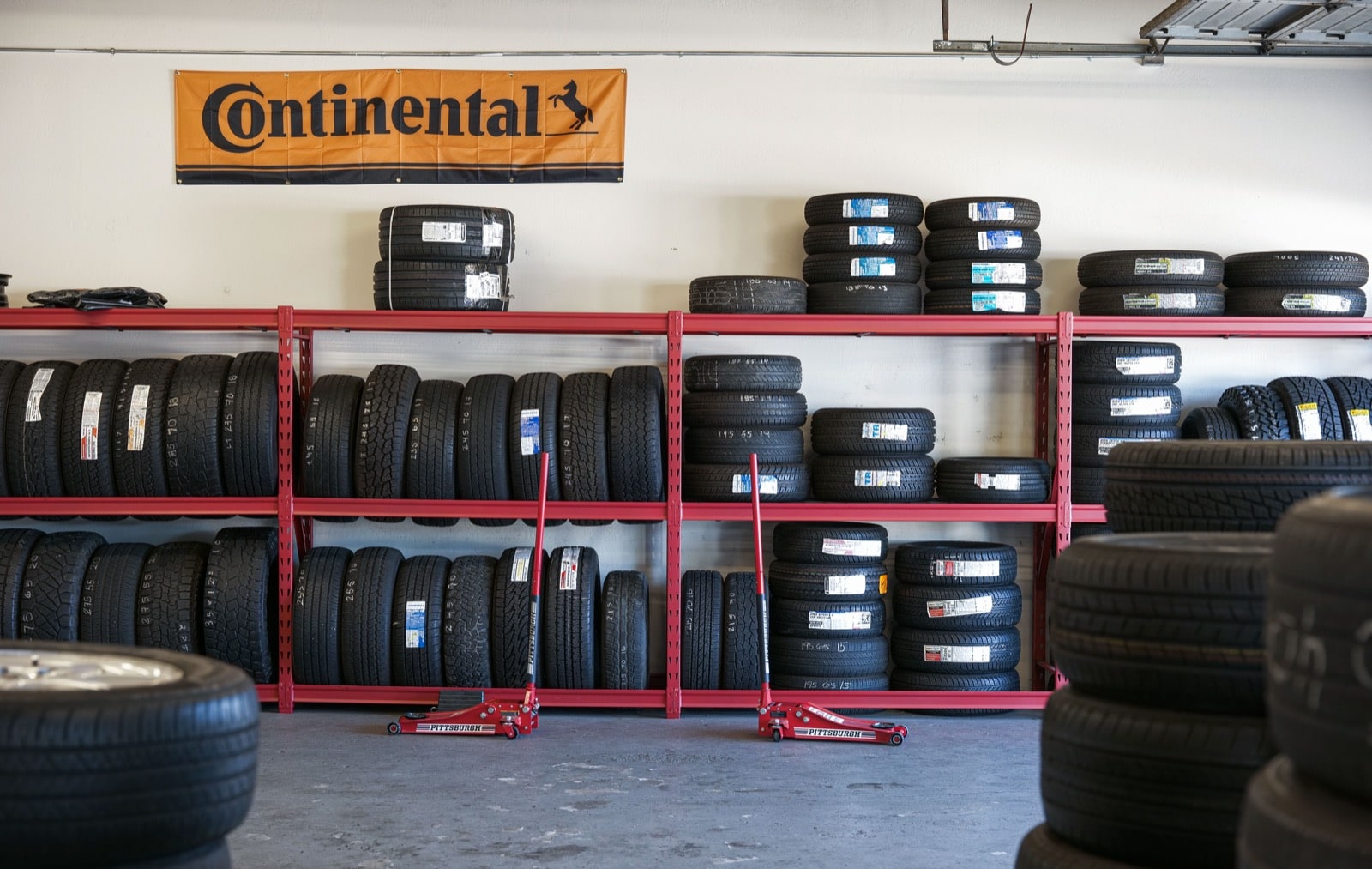The Ecological Advantages of Appropriate Tire Upkeep
Keeping proper tire treatment is typically neglected, yet its influence on the environment is profound. From reducing fuel usage to reducing emissions output, the benefits are far-ranging. Proper tire maintenance not just extends the lifespan of tires yet also reduces garbage dump waste and adds to improved air quality. The interconnectedness of these advantages highlights the crucial duty that basic maintenance practices can play in advertising ecological sustainability.
Lowered Fuel Intake
Improving tire upkeep techniques can lead to a considerable decrease in fuel usage for lorries. According to the United State Division of Energy, underinflated tires can decrease gas mileage by 0.2% for every 1 psi decrease in pressure in all 4 tires.
Along with tire stress, regular tire rotations and placements likewise play a vital duty in gas performance. Unevenly used tires can raise fuel consumption as the engine works harder to keep speed and grip. By maintaining correct placement and revolving tires at recommended intervals, motorists can ensure also prolong the life and put on of their tires, eventually conserving fuel and minimizing their carbon impact.
Extended Tire Life-span
Prolonging the lifespan of tires is a crucial element of efficient vehicle upkeep techniques that can generate expense savings and environmental benefits in the lengthy run. By correctly maintaining tires, vehicle drivers can significantly lengthen their functionality, reducing the frequency at which brand-new tires need to be made and old ones disposed of. This not just conserves beneficial resources yet likewise minimizes the power and emissions connected with tire production and disposal processes.
Consistently inspecting tire pressure, revolving tires, and guaranteeing proper placement are crucial actions in prolonging tire life-span. Ample walk deepness is critical for optimum traction and safety, yet it additionally contributes in the length of time tires can be made use of before requiring substitute. Furthermore, staying clear of aggressive driving habits that increase tire wear, such as severe stopping and doglegs, can even more improve tire sturdiness.
Ultimately, enhancing the long life of tires via positive upkeep not just benefits the atmosphere by lowering waste and preserving resources yet additionally results in set you back savings for automobile owners by delaying the requirement for brand-new tire acquisitions.
Reduced Emissions Output
Reliable tire maintenance practices contribute to a decrease in exhausts result, straightening with ecological sustainability goals in the automobile industry. By keeping ideal tire pressure degrees, vehicle drivers can assist reduce these negative ecological effects.
Furthermore, well-maintained tires additionally enhance traction and reduce rolling resistance, better improving fuel efficiency. This, in turn, lowers the blog quantity of exhaust gases launched read the full info here into the ambience. In addition, ensuring tires are properly inflated and lined up can expand the life expectancy of the tires, decreasing the regularity of tire substitutes and the associated environmental costs of tire manufacturing and disposal.

Lowered Land Fill Waste
Given the favorable impact of correct tire maintenance on reducing discharges output, an additional considerable environmental benefit is the possibility for decreased landfill waste. They wear out much faster and need to be changed much more regularly when tires are not maintained appropriately. This results in a greater volume of used tires being gotten rid of in land fills. However, by making certain that tires are appropriately blown up, lined up, balanced, and revolved frequently, their life-span can be considerably expanded. This suggests that less tires wind up in garbage dumps, lowering the amount of non-biodegradable waste in these currently overruning websites.

Improved Air High Quality
Enhancing air high quality through appropriate click over here tire upkeep methods is an important element of lasting environmental stewardship. When tires are underinflated, they produce much more moving resistance, causing enhanced fuel usage and higher discharges of damaging pollutants such as carbon monoxide gas and nitrogen oxides. Properly inflated tires not just improve gas effectiveness but also decrease the quantity of pollutants released into the air.
Additionally, well-kept tires with correct tread deepness and alignment add to much safer driving problems, lowering the possibility of mishaps that can cause the release of extra pollutants right into the ambience. By expanding the life-span of tires with normal maintenance and turning, less tires are discarded too soon, lowering the ecological impact of tire disposal and production processes.
Verdict
In conclusion, appropriate tire maintenance offers countless ecological benefits. It is necessary for individuals to prioritize tire upkeep as a simple yet efficient method to protect the setting for future generations.
Correct tire maintenance not just prolongs the lifespan of tires yet likewise decreases land fill waste and contributes to boosted air high quality - morris tire. By keeping appropriate placement and turning tires at advised periods, vehicle drivers can make certain even prolong the life and put on of their tires, eventually conserving fuel and lowering their carbon footprint
By appropriately preserving tires, vehicle drivers can considerably lengthen their usability, minimizing the frequency at which new tires require to be manufactured and old ones disposed of.Consistently inspecting tire stress, rotating tires, and making sure correct positioning are crucial steps in prolonging tire life-span. Additionally, guaranteeing tires are appropriately inflated and aligned can prolong the life-span of the tires, reducing the frequency of tire substitutes and the linked environmental expenses of tire manufacturing and disposal.